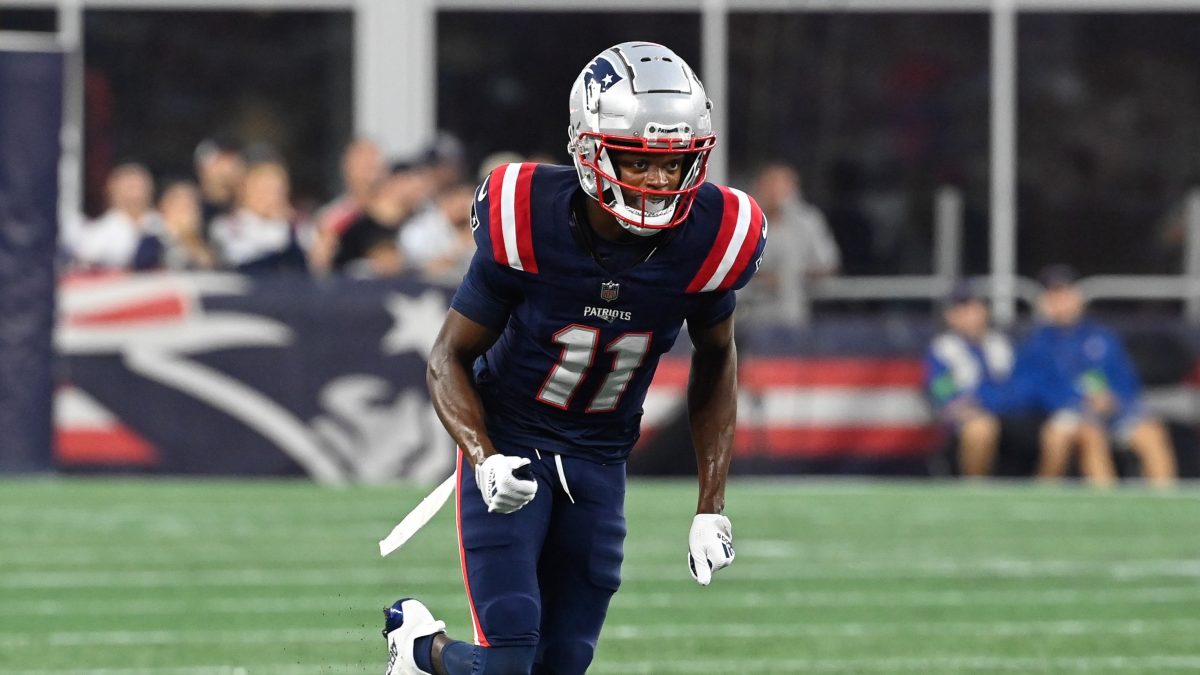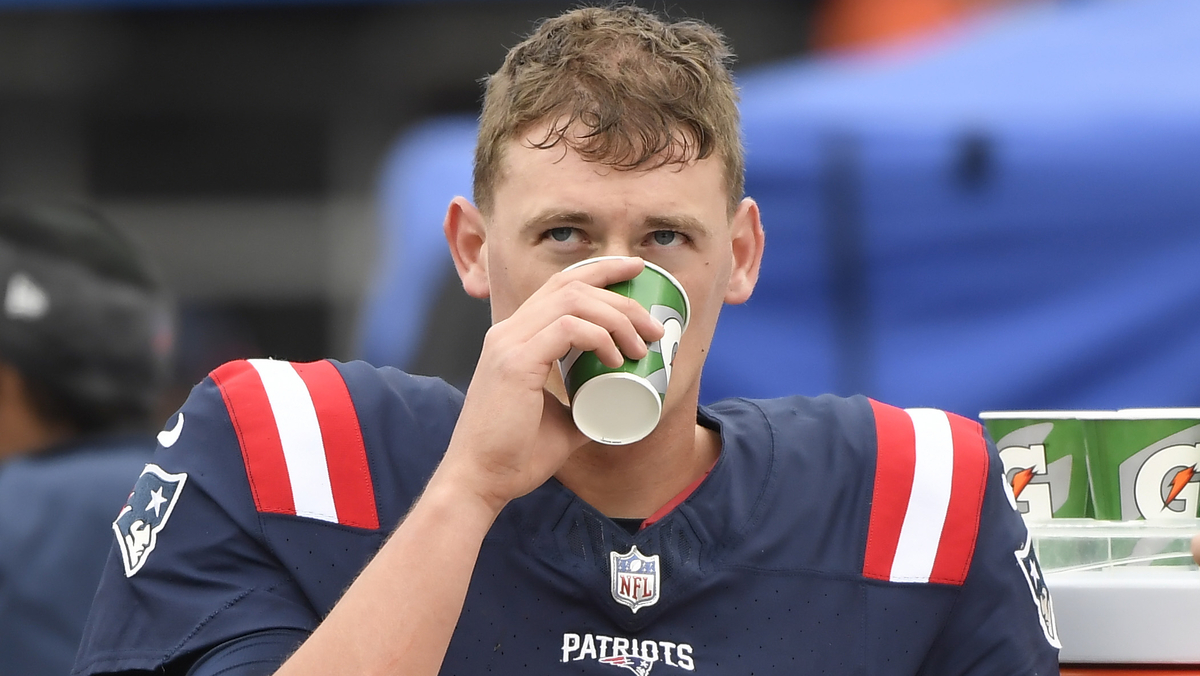Try to cobble together a competitive second half of the 2023 season? Or add late-round draft picks?
That was the choice staring the Patriots in the face ahead of Tuesday's trade deadline. They were open for business. They were willing to listen to offers on talented pieces -- like, for instance, pass-rusher Josh Uche -- but there was nothing available to them by the 4 p.m. ET deadline that forced their hand.
The expectation was that the Patriots would be quiet at the deadline. And that is exactly how it played out. No deals, I’m told. Sources with the team and around the league understood the factors involved.
Stay in the game with the latest updates on your beloved Boston sports teams! Sign up here for our All Access Daily newsletter.
At 2-6, New England was not going to be a "buyer," parting with real draft capital in order to add a piece to a flailing club. Bill Belichick, ever the competitor, was also going to be reluctant to "sell" on impact players -- even those on expiring contracts -- unless the return was too great to ignore. Furthermore, potential trade partners were not going to be inclined to give up much more than fifth-round picks for even some of their best pieces, like Uche, Trent Brown, or Kyle Dugger.
In that case, it makes sense for the Patriots to hold tight to the players they have. A trade would give them a pick that would provide them the ability to trade up for a fourth-rounder, maybe? A dice-roll selection on a rookie?
🔊 Patriots Talk: Trade deadline passes quietly for Patriots; maybe too quiet... | Listen & Subscribe | Watch on YouTube
The latter would have some value. A late-round pick is yet another dart to throw at the dart board. Demario "Pop" Douglas was a late-round flier, and look at him now. There's some value in those dart throws.
But by not dealing Uche or Dugger or any of their other expiring deals, the Patriots have the ability to have a more competitive season. If they're trying to uphold some kind of culture -- and tanking would be eroding whatever culture might still exist -- then not dealing some of their best players helps them in that pursuit.
The Patriots also now have more time to potentially extend their top players on expiring deals. And they have oodles of cap space. For a team that hasn't given a second contract to a draft choice since 2019 fifth-rounder Jake Bailey -- who was suspended late last season and released this offseason -- extending players they deem to be "program guys" is worthwhile.
MORE PATRIOTS
Dugger would qualify. As would Mike Onwenu. Same for Kendrick Bourne. Additionally, if the Patriots don't re-sign Brown, they won't have a left tackle. If they don't re-sign Uche, they might not have a very good edge rusher. (Related: Matthew Judon had a contract dispute with the team this summer that the Patriots delayed one year by moving money from 2024 to 2023. He could be in the same spot once again, coming off an injury, next August.)
The Patriots should also be paying the players they like from their own locker room because if they don't, those players could walk in free agency for nothing.
Getting compensatory picks for departing free agents may not occur if the Patriots -- who are among the league leaders in cap space for 2024 -- spend significantly on free agents this coming offseason. The compensatory-pick formula factors in both free agents out and free agents in, meaning expensive additions would cancel out potential comp picks headed to New England for expensive departures.
No deals at the deadline? No problem, given what was out there. Time now to figure things out with some of their own.


